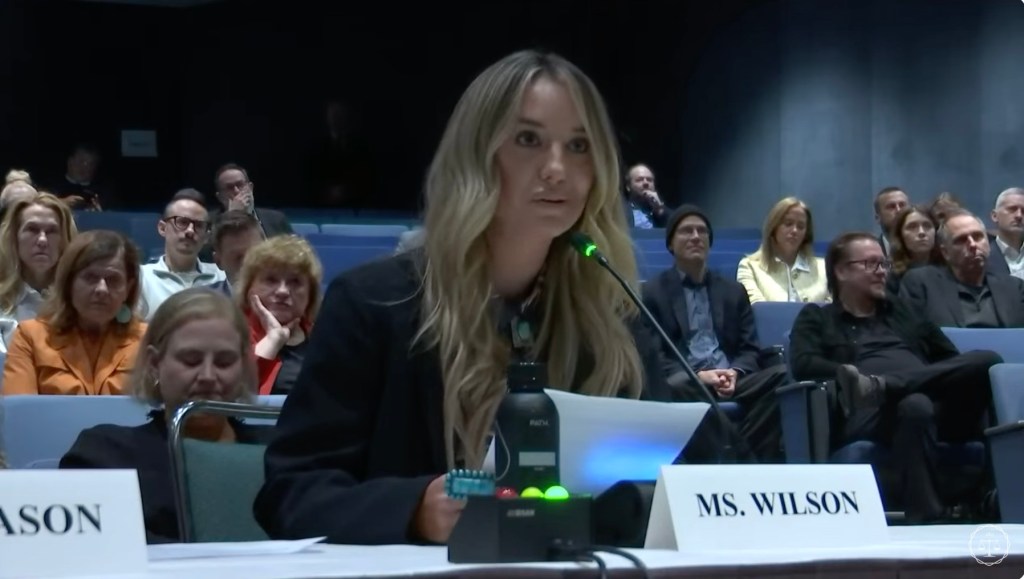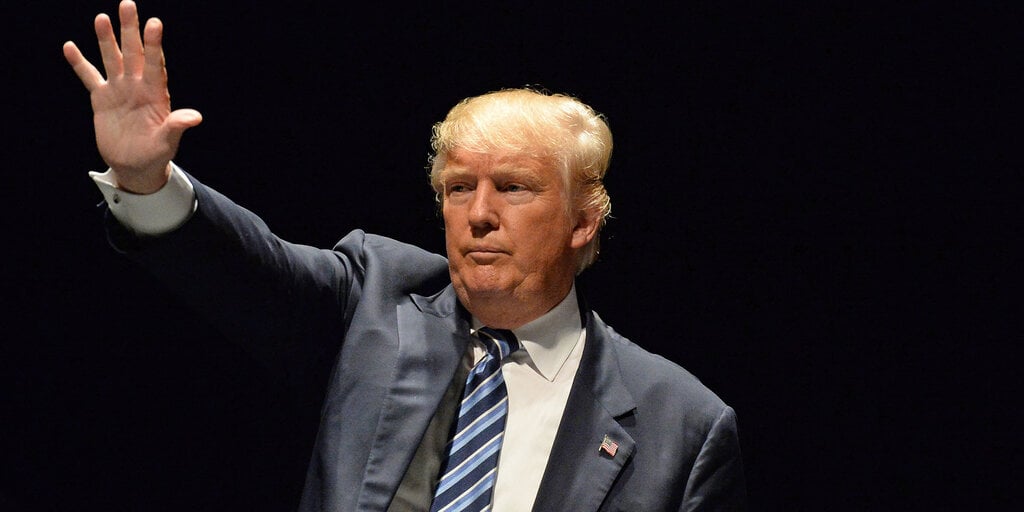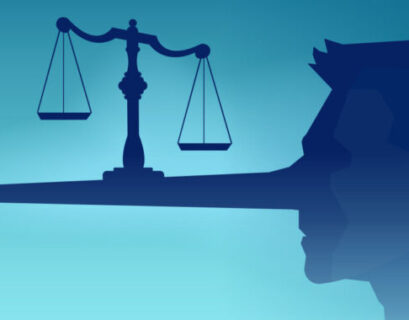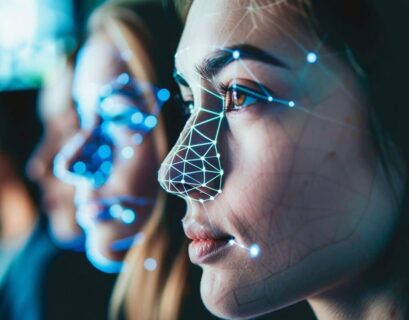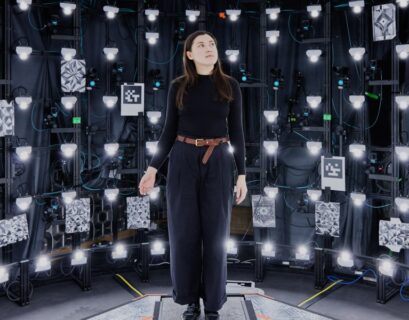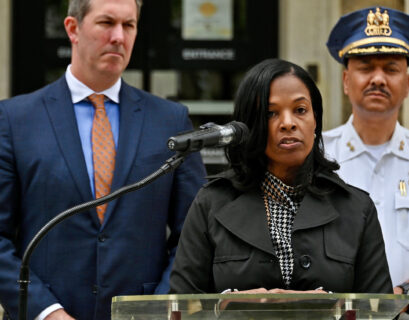Singer-songwriter Lainey Wilson advocated for the approval of a proposed law aimed at restricting the utilization of unauthorized AI deepfakes and voice clones. During a House Judiciary subcommittee hearing in Los Angeles today, Wilson emphasized the importance of preserving the human touch in art. She stressed the significance of safeguarding one’s identity and artistic expression, stating, “My art is uniquely and literally me, my name, my likeness, my voice.” Wilson shared her personal experience of encountering unauthorized use of her image in advertisements promoting products she would never endorse, expressing the distress caused by such misappropriation.
Representing the Human Artistry Campaign, Wilson highlighted the urgent need for the legislation, which grants individuals greater control over the replication of their digital identities. The bill asserts that every individual possesses a proprietary right to their likeness and voice, which extends beyond their lifetime and can be passed on to heirs for a specified duration. It outlines penalties for violations by personalized cloning services and unauthorized dissemination of digital voice replicas or depictions.
Christopher Mohr, president of the Software and Information Industry Association, underscored existing legal frameworks that address identity-related infringements, cautioning against potential conflicts with the First Amendment. The bill includes provisions for a First Amendment defense, particularly focusing on the transformative nature of the work and its relevance to public discourse.
Harvey Mason Jr., CEO of the Recording Academy, acknowledged the transformative potential of AI in music creation while emphasizing the irreplaceable role of human creativity. He affirmed the Recording Academy’s commitment to recognizing human artistry and ensuring that AI complements rather than replaces human ingenuity.
In response to concerns raised during the hearing, Senate lawmakers proposed legislation targeting the dissemination of non-consensual AI-generated content, particularly in cases of explicit imagery. However, Professor Jennifer Rothman from the University of Pennsylvania Law School cautioned against potential pitfalls in the proposed legislation, particularly regarding the transferability of individuals’ rights of publicity.
The evolving landscape of AI technology necessitates a delicate balance between innovation and safeguarding individual rights and artistic integrity. As the debate on regulating AI-generated content continues, the focus remains on upholding ethical standards and protecting the fundamental rights of creators and performers.

